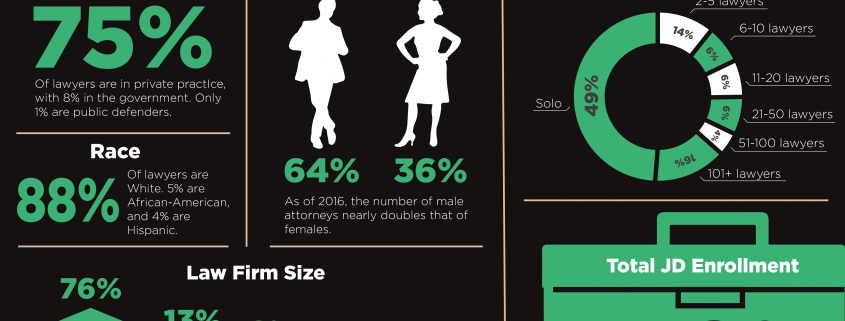The Price Of Deception: A Financial Evaluation Of Clerical Criminal Offense'S Impacts
The Price Of Deception: A Financial Evaluation Of Clerical Criminal Offense'S Impacts
Blog Article
Article By-Henry Bendix
Visualize a beautiful garden, carefully supported over years, loaded with dynamic blossoms and rich plant. Currently, image a flock of perilous bugs quietly penetrating this place, gnawing away at the roots and petals, leaving behind a trail of devastation.
This allegory aptly captures the expense of clerical criminal offense, a stealthy threat that permeates our economy with devastating consequences. As you step into this conversation, prepare to reveal the surprise economic effect of white collar criminal activity and the far-ranging effects that stick around long after the perpetrators have disappeared from the scene.
The Financial Toll of Clerical Criminal Offense
Clerical crime exacts a heavy monetary toll on individuals, businesses, and the overall economic climate. It isn't simply a victimless criminal activity or a small trouble. The repercussions are significant and destructive.
When individuals fall victim to clerical criminal activity, they often shed their life savings, their homes, and their sense of security.
Organizations, on the other hand, endure massive financial losses because of scams, embezzlement, and various other forms of clerical criminal activity. These criminal activities result in lowered earnings, harmed track records, and even personal bankruptcy in many cases.
Additionally, criminal defence fraud suffers as clerical criminal offense undermines count on the economic system, decreases consumer self-confidence, and interferes with financial development.
The monetary toll of white collar criminal activity can not be undervalued, and it's vital that we take solid procedures to prevent and combat this sort of criminal activity.
The Disintegration of Rely On Institutions
The disintegration of count on institutions is a consequence of clerical criminal offense that has significant implications for people and society. When clerical crimes are devoted by people in positions of power and authority, it threatens the count on that people have in those institutions.
This disintegration of trust can have numerous unfavorable impacts:
- ** Loss of belief in the justice system **: When people see those in powerful positions getting away with clerical criminal offenses, it can bring about a loss of faith in the justice system. People may really feel that there's a lack of liability for those who devote such crimes, which can wear down trust in the legal system.
- ** Decreased self-confidence in banks **: Clerical criminal offenses often entail monetary fraud and adjustment. When people or organizations are found guilty of such criminal offenses, it can lead to a decrease in confidence in financial institutions. This can have an adverse influence on the economic climate as people might be reluctant to invest or rely on these institutions with their money.
- ** Damaging of social fabric **: Count on organizations is an essential column of a working culture. When that depend on is worn down, it can result in a weakening of the social fabric. Individuals might come to be a lot more negative and hesitant of establishments, which can lead to a failure in social cohesion and teamwork.
Long-Term Economic Consequences
Loss of trust in institutions due to clerical crime can have long-lasting economic consequences.
When https://rochestercriminaldefensel87542.blogsvila.com/33337692/preparing-for-your-initial-examination-with-a-defense-lawyer and companies despair in the integrity of institutions, they might come to be hesitant to invest or participate in economic tasks. This absence of depend on can bring about a decline in customer spending, as individuals come to be extra cautious with their money.
In addition, organizations may hesitate to develop collaborations or become part of agreements, being afraid that they'll be benefited from by deceitful individuals.
The long-term economic consequences of this loss of trust can include slower financial development, decreased task creation, and lowered market competitiveness. It's critical for institutions to address clerical criminal offense and recover count on order to protect the lasting economic health of a nation or area.
Verdict
Finally, the financial influence of white collar criminal offense is staggering, with effects that get to far past just economic losses. It wears down the trust we put in our organizations, leaving a void that's hard to fill.
Like an unrelenting tornado, clerical criminal activity leaves a lasting mark on our economic climate, leaving us to come to grips with its aftermath for many years to find.
